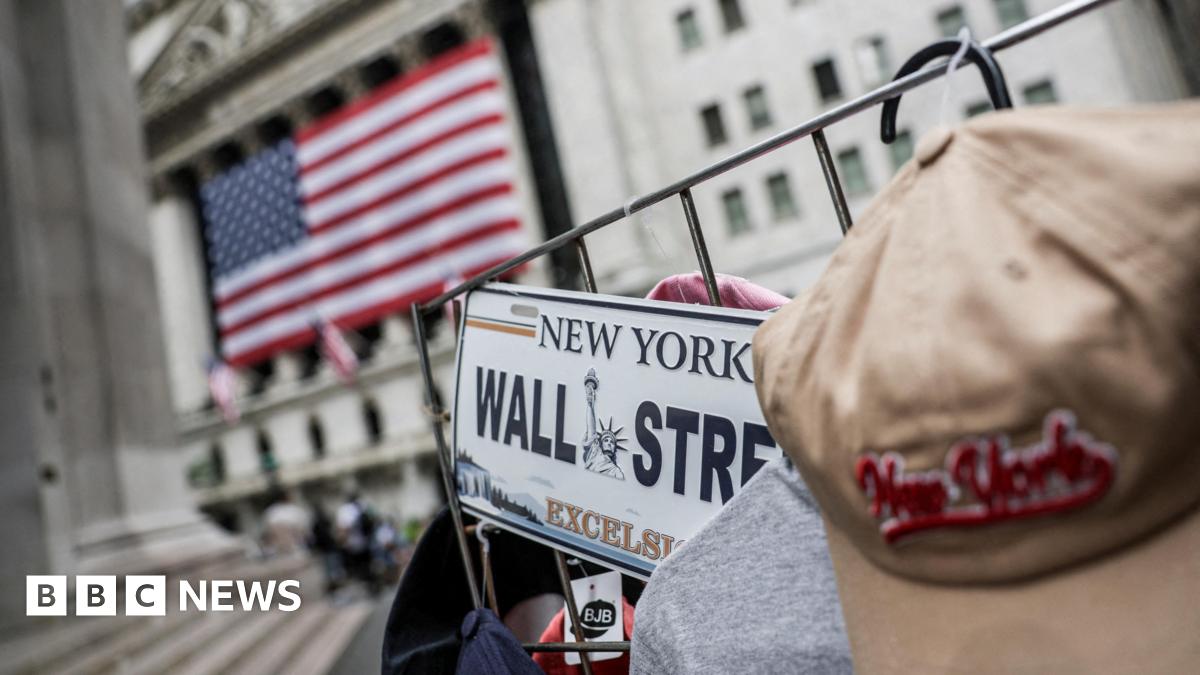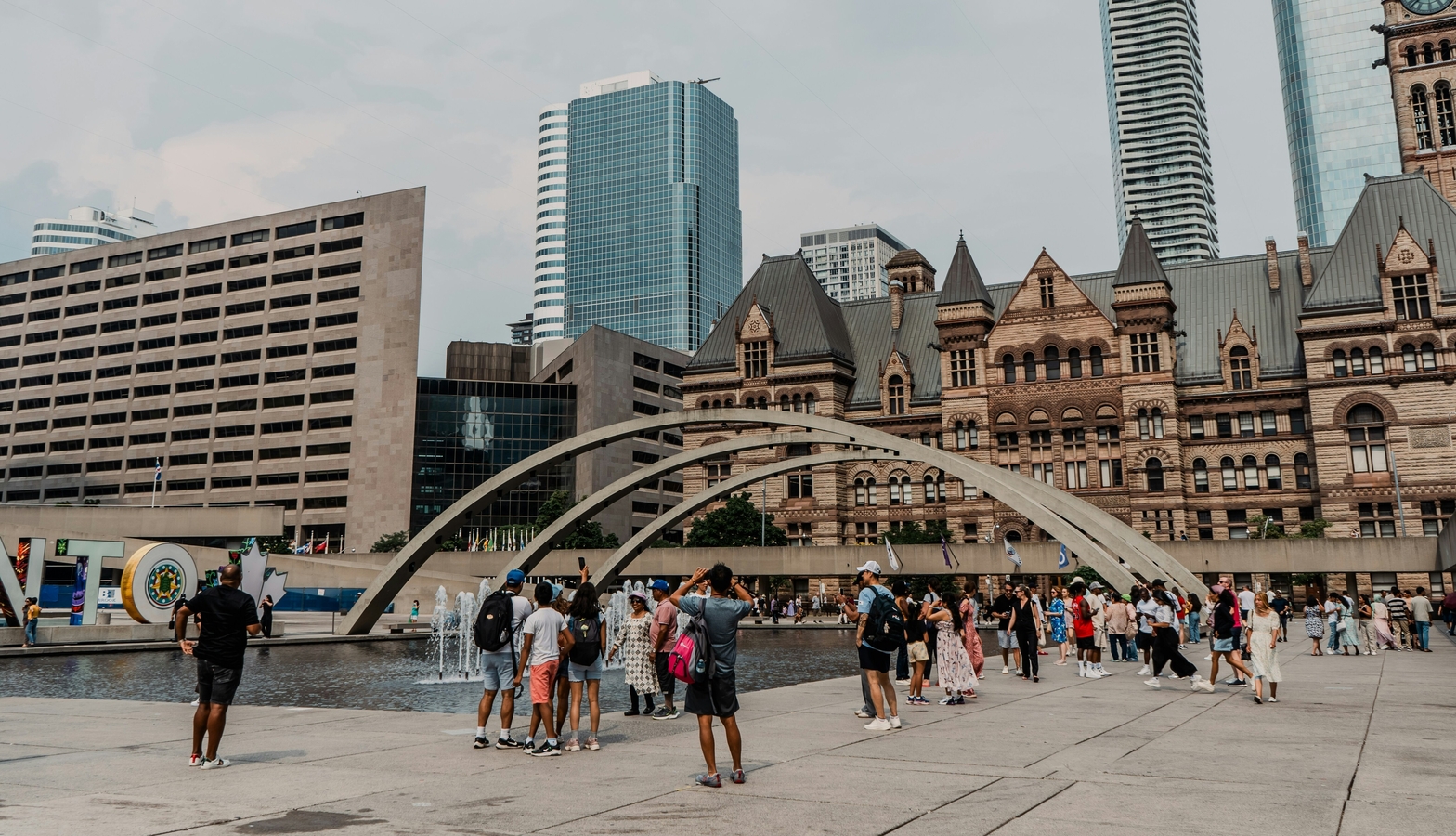Trump Administration Seeks to Redirect Grant Money from Harvard to Trade Schools
#trump administration #harvard university #trade schools #vocational training #job growth #united states #grant money
About the People Mentioned
Donald Trump
Donald John Trump, born June 14, 1946, in Queens, New York, is an American businessman, media personality, and politician. He graduated from the University of Pennsylvania’s Wharton School in 1968 with a degree in economics. In 1971, he took over his family’s real estate business, renaming it the Trump Organization, through which he expanded into building and managing skyscrapers, hotels, casinos, and golf courses. Trump gained widespread fame as the host of the reality TV show *The Apprentice* from 2004 to 2015, which helped establish his public persona as a successful entrepreneur. Trump entered politics as a Republican and was elected the 45th president of the United States, serving from 2017 to 2021. His presidency was marked by significant policy actions including tax cuts, deregulation, the appointment of three Supreme Court justices, renegotiation of trade agreements (notably replacing NAFTA with the USMCA), and a focus on immigration control including border wall expansion. He withdrew the U.S. from international agreements such as the Paris Climate Accord and the Iran nuclear deal, and engaged in a trade war with China. His administration’s response to the COVID-19 pandemic was criticized for downplaying the virus’s severity. Trump was impeached twice by the House of Representatives—first in 2019 for abuse of power and obstruction, and again in 2021 for incitement of insurrection—but was acquitted by the Senate both times. After losing the 2020 election to Joe Biden, Trump challenged the results, culminating in the January 6, 2021, Capitol riot. He remains a central figure in American politics, having won the 2024 presidential election and returned as the 47th president in 2025, continuing to promote policies aimed at economic growth, border security, and military strength[1][2][3][4].
David Shepardson
David Shepardson is a Washington, D.C.-based correspondent for Reuters, where he covers transportation, aviation, automotive industries, and technology policy, including issues related to the Federal Communications Commission (FCC)[2]. A Michigan native and graduate of the University of Michigan, Shepardson began his journalism career as a freelance writer at The Detroit News from December 1993 to June 1995 while still a student[3]. He later joined Reuters and has become a prominent figure in reporting on major transportation and regulatory stories, particularly those with significant public policy and safety implications. Shepardson is recognized for his in-depth coverage of complex, high-profile issues. Notably, he reported extensively on the Flint water crisis, providing critical insights into the public health disaster and the political and regulatory responses that followed[4]. His work often bridges technical, regulatory, and political dimensions, making him a key source for understanding developments in sectors like automotive emissions standards, aviation safety, and telecommunications policy. For example, he has reported on legal challenges to federal vehicle emission standards, highlighting battles between state governments and federal administrations over environmental regulations[5]. In addition to his written reporting, Shepardson has appeared as an expert commentator on national television programs, including PBS NewsHour, Washington Week with The Atlantic, and PBS News Weekend, where he has discussed current events and policy debates[1]. These appearances underscore his role as a trusted voice in explaining complex regulatory and transportation issues to a broad audience. Currently, Shepardson remains an active and relevant journalist in Washington, D.C., continuing to report on breaking news and policy shifts affecting transportation, technology, and the environment. His recent television appearances in 2024 and 2025 indicate ongoing engagement with major news outlets and a sustained influence in his field[1]. Shepardson’s reporting is characterized by factual rigor and a focus on the intersection of policy, industry, and public interest, reflecting his longstanding commitment to accountability journalism.
Jonathan Allen
Jonathan Allen (born January 16, 1995) is a professional American football defensive end currently playing for the Minnesota Vikings in the National Football League (NFL). He played college football at the University of Alabama, where he was a key player on the Crimson Tide team that won the national championship in 2015. During his collegiate career, Allen received several prestigious awards in 2016, including the Bronko Nagurski Trophy, Chuck Bednarik Award, Lombardi Award, and Ted Hendricks Award, all recognizing him as one of the nation’s top defensive players. Allen was selected in the first round (17th overall) of the 2017 NFL Draft by the Washington Redskins (later renamed the Washington Commanders). Over eight seasons with Washington, he recorded 401 total tackles, 60 tackles for loss, 42 sacks, and 118 quarterback hits, establishing himself as a powerful and skilled defensive lineman. He was named to the Pro Bowl twice, in 2021 and 2022. In March 2025, Allen signed a three-year, $60 million contract with the Minnesota Vikings, marking a significant move in his professional career. Known for his explosiveness and technical skill on the defensive line, Allen continues to be an impactful player in the NFL. Off the field, Allen is recognized for overcoming early career concerns about shoulder arthritis, having undergone surgeries prior to entering the league. He remains active in the NFL as of the 2025 season, contributing to the Vikings' defensive efforts. This summary focuses solely on Jonathan Allen the football player, distinguishing him from others with the same name, such as the journalist Jonathan Allen[2][3][5][6].
About the Organizations Mentioned
Harvard
## Overview Harvard University is the oldest institution of higher education in the United States, established in 1636 in Cambridge, Massachusetts[1][2][3]. Originally founded to train clergy, it has evolved into a global leader in education, research, and innovation, with a broad influence across business, technology, and society[1][2]. Harvard operates ten degree-granting schools and the Radcliffe Institute for Advanced Study, offering undergraduate, graduate, and professional programs to a diverse student body of over 24,500 students, supported by more than 20,600 faculty and staff[1][3]. Its alumni network exceeds 400,000 globally, and its reach extends to over 35 million learners through Harvard Online[3]. ## History and Structure Harvard’s history is marked by continuous expansion and adaptation. It began with a modest endowment from John Harvard and grew through philanthropy and strategic vision, becoming a secular, research-intensive university by the 20th century[1][3]. The university is governed by the Harvard Corporation (the oldest corporation in the Western Hemisphere) and the Board of Overseers, ensuring a blend of tradition and innovation in its leadership[3]. Harvard’s physical footprint includes the historic Cambridge campus, a growing Allston campus across the Charles River, and the Longwood Medical Area in Boston[1]. ## Key Achievements and Influence Harvard’s impact is evident in its alumni, faculty, and researchers, who include 8 U.S. presidents, 24 heads of state, 31 heads of government, 188 living billionaires, and numerous Nobel laureates, Fields Medalists, and Pulitzer Prize winners[1][2]. Harvard students and alumni have collectively won 10 Academy Awards and over 100 Olympic medals[1][2]. The university is also a powerhouse in research, with breakthroughs such as the development of the first direct genomic sequencing method and leadership in the Human Genome Project[6]. In 2025









